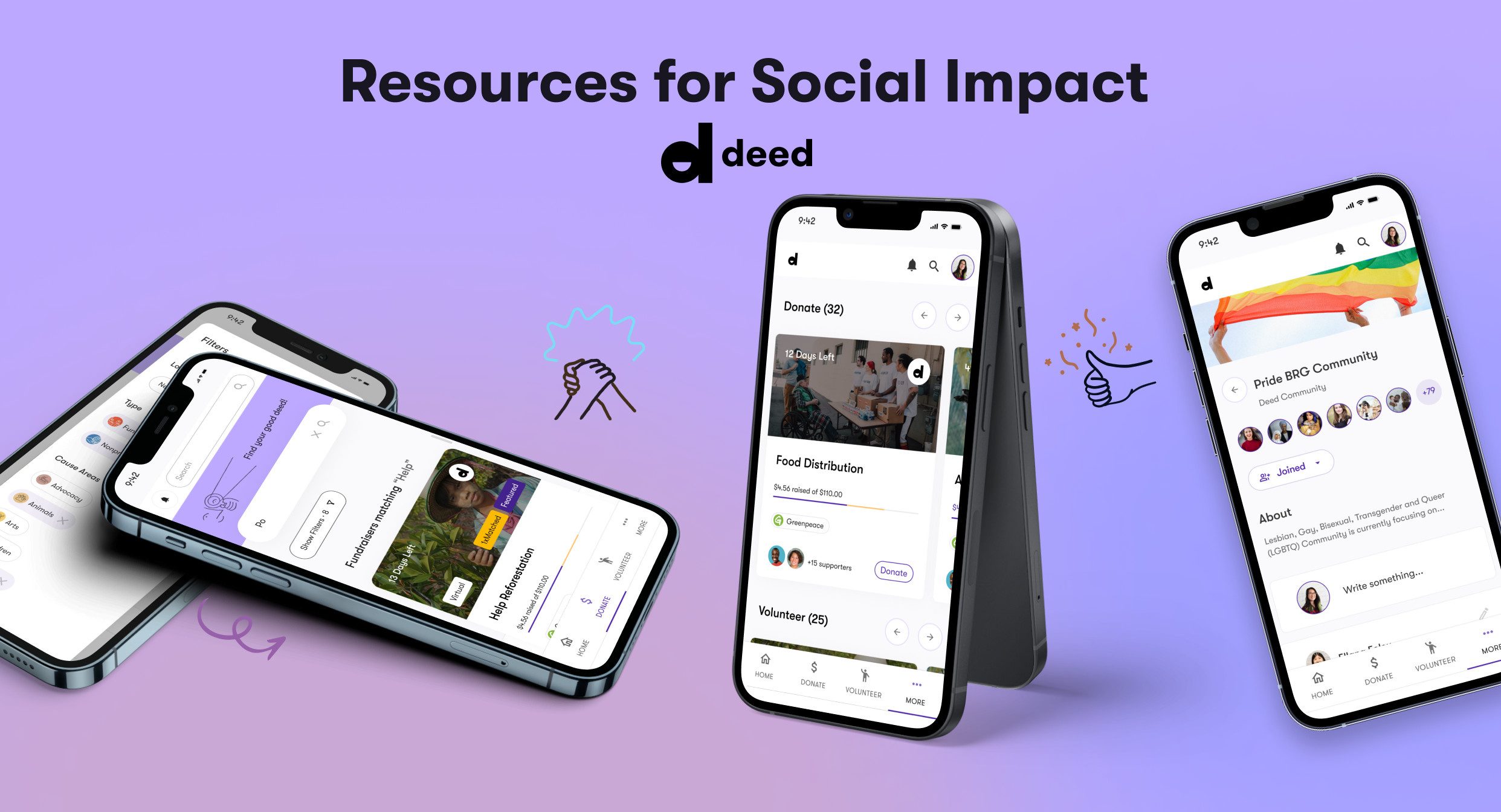[Social Impact 101] Green is the New Gold: How Sustainability Can Boost Fortune 500 Companies' Bottom Lines
Sustainability has become a buzzword in recent years as more companies are recognizing the benefits of adopting environmentally friendly practices. And with the growing concern over climate change and the need for a cleaner, greener planet, companies are realizing that sustainability is no longer just a moral obligation, but also a business imperative. In fact, going green can actually boost Fortune 500 companies' bottom lines. Here's how:
Cost Savings
One of the primary benefits of sustainability is cost savings. By adopting sustainable practices such as using renewable energy sources, reducing waste, and optimizing logistics, companies can reduce their operational costs. For example, switching to renewable energy sources can reduce energy bills, while reducing waste can lower disposal costs. Additionally, optimizing logistics can lead to more efficient transportation and distribution, resulting in lower fuel and transportation costs. Companies that adopt sustainability measures can save millions of dollars in operational costs, which can translate into higher profits and a more robust bottom line.
Brand Reputation
Another way sustainability can boost a company's bottom line is through brand reputation. Consumers today are more environmentally conscious than ever before and are actively seeking out products and services from companies that are committed to sustainability. By adopting sustainable practices, companies can build a positive brand reputation, which can lead to increased customer loyalty and sales. In fact, according to a study by Nielsen, 66% of consumers are willing to pay more for products and services from companies that are committed to sustainability. By building a reputation for sustainability, companies can attract more customers and increase their revenue.
Regulatory Compliance
Governments around the world are implementing regulations aimed at reducing carbon emissions and promoting sustainability. By adopting sustainable practices, companies can ensure compliance with these regulations, which can help avoid costly fines and penalties. Additionally, companies that are proactive in their sustainability efforts may be eligible for government incentives and tax breaks, which can further boost their bottom line.
Employee Retention
Sustainability can also have a positive impact on employee retention. According to a survey by Accenture, 62% of employees believe that sustainability is important to their job satisfaction. By adopting sustainable practices, companies can demonstrate their commitment to creating a better future for their employees and their families, which can lead to increased employee engagement and loyalty. Additionally, employees are more likely to stay with a company that shares their values and is committed to making a positive impact on the world.
Innovation and Differentiation
Finally, sustainability can drive innovation and differentiation. By adopting sustainable practices, companies can differentiate themselves from their competitors and create a unique value proposition for their customers. For example, companies that use sustainable materials or processes can create products that appeal to environmentally conscious consumers. Additionally, sustainability can drive innovation by encouraging companies to think creatively about how they can reduce their environmental impact while still delivering high-quality products and services.
In conclusion, sustainability is no longer just a moral obligation, but also a business imperative. By adopting sustainable practices, Fortune 500 companies can realize significant cost savings, build a positive brand reputation, ensure regulatory compliance, increase employee retention, and drive innovation and differentiation. As more consumers demand environmentally friendly products and services, companies that are committed to sustainability will be well-positioned to succeed in the marketplace. Green is indeed the new gold, and companies that recognize this fact will be the ones that thrive in the years to come
How social impact tech shores up the bottom line
Deed is a workplace giving and volunteering platform that puts people first, because user experience shouldn’t stand between you and doing good. We help CSR and DEIB teams alike to centralize all their programming, from emergency fundraisers to fun volunteering events, and engage diverse employee resource groups, with the data and insights they need to drive engagement. Demo our all-good-in-one platform:


